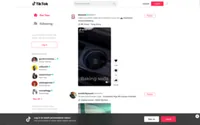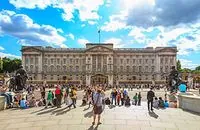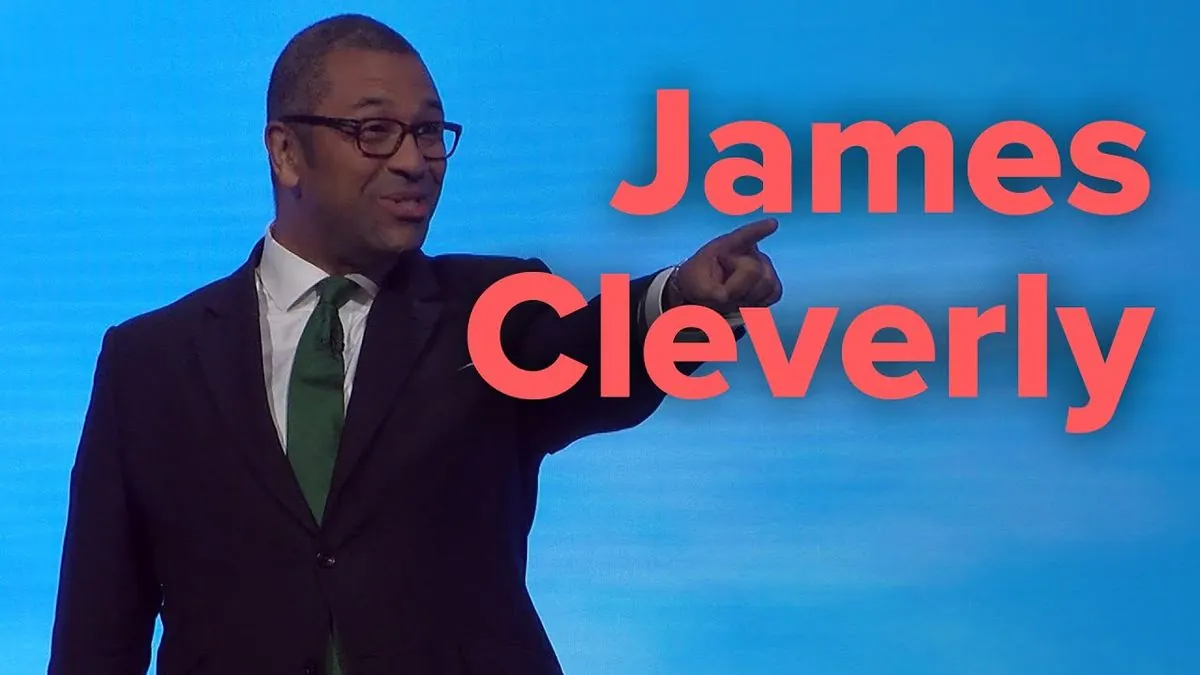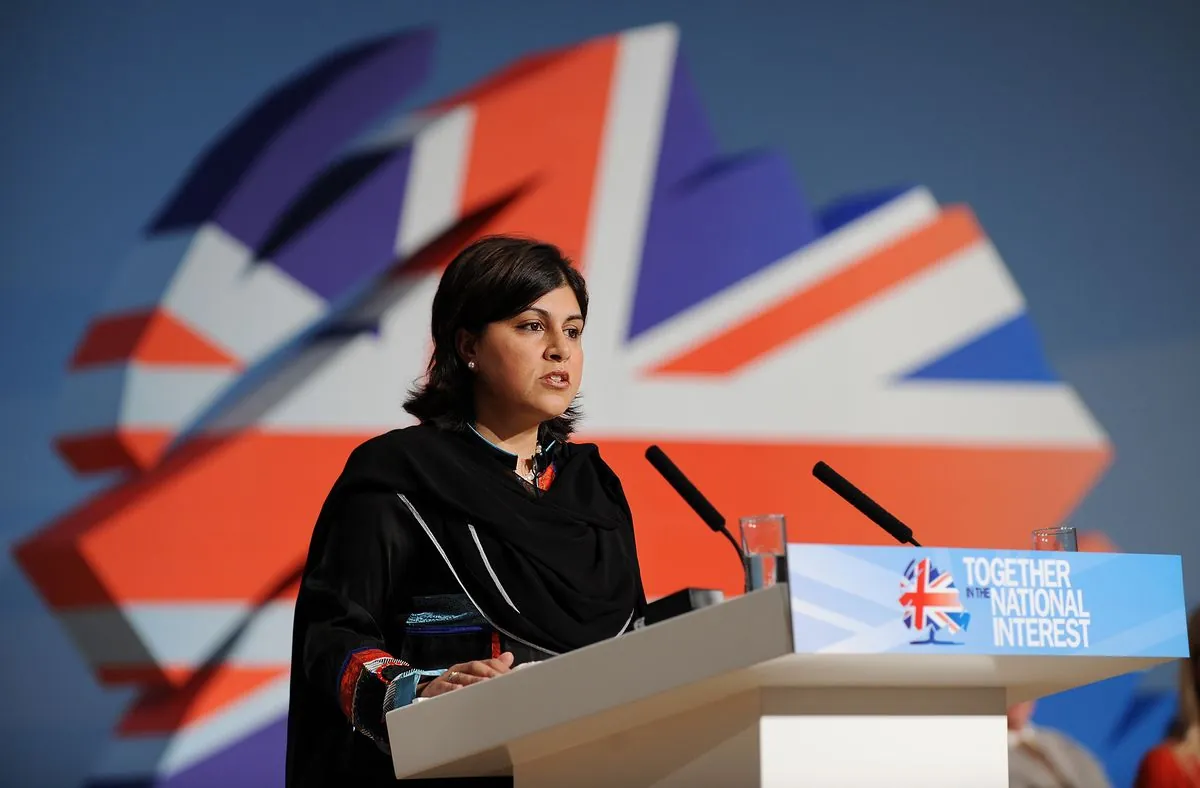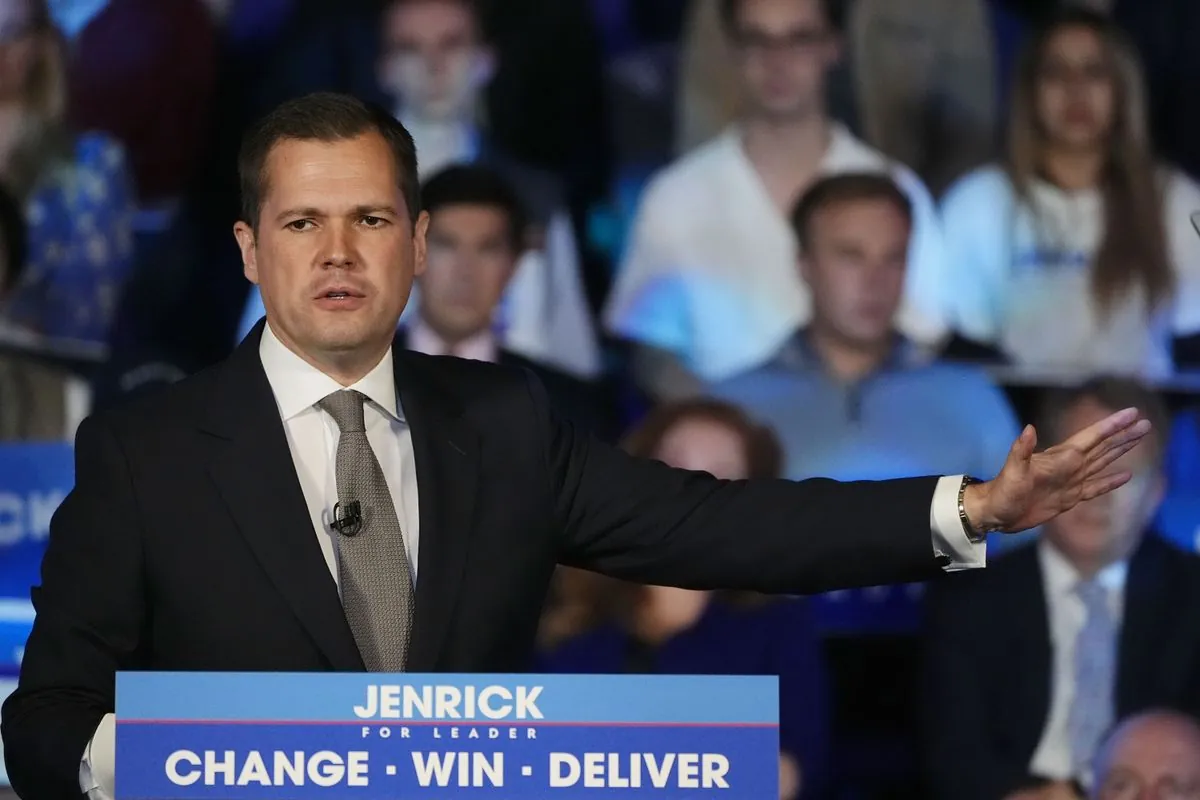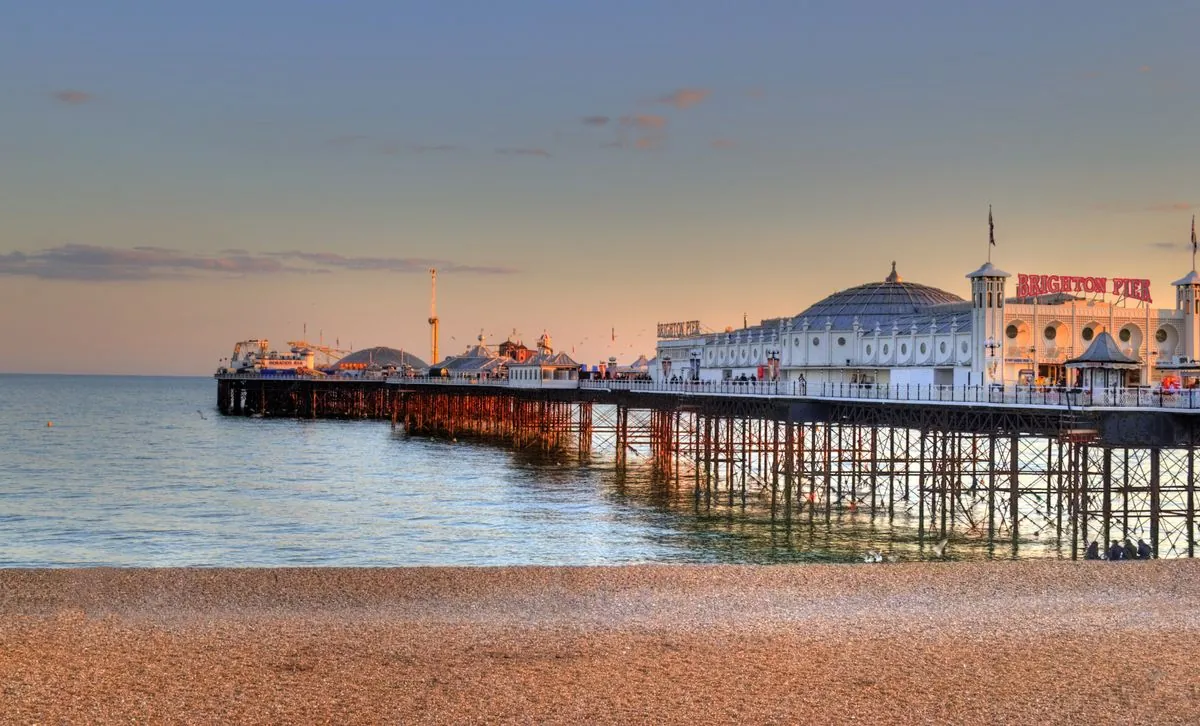Israeli Airstrikes Target Suspected Hezbollah HQ in Beirut
Israeli forces conduct major airstrikes in Beirut, potentially targeting Hezbollah leader Hassan Nasrallah. The attack follows Netanyahu's UN speech, escalating tensions in the region.
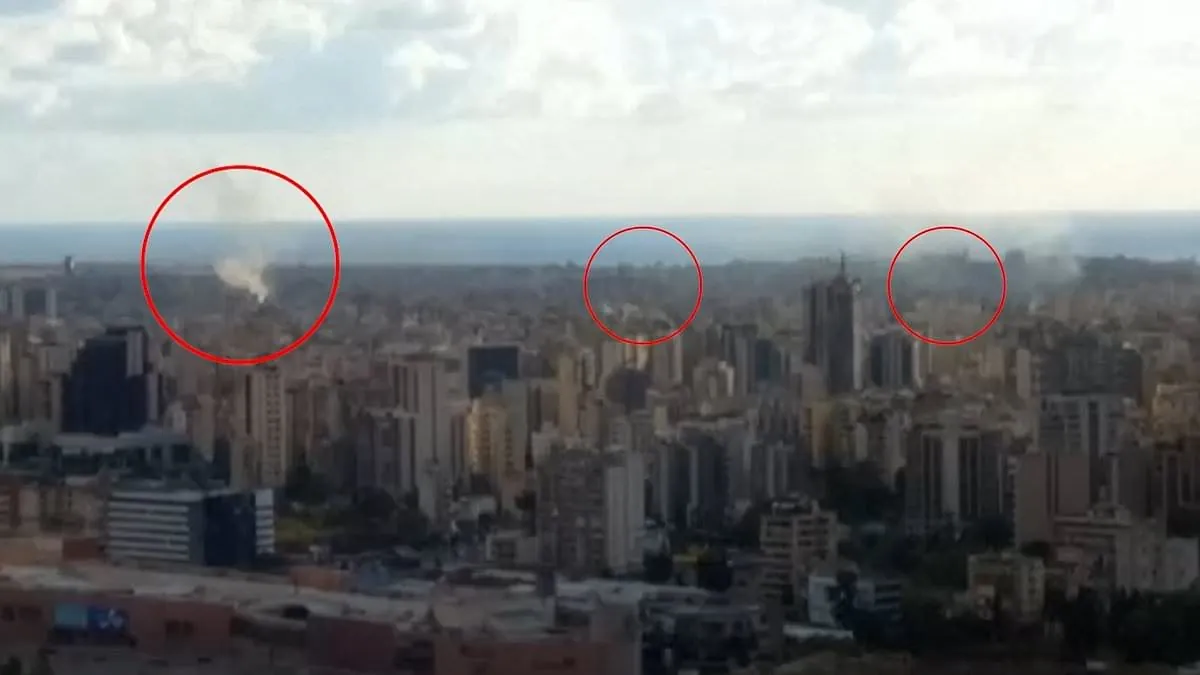
On September 27, 2024, Israeli forces launched a significant airstrike on Beirut's southern suburbs, targeting what they claim to be Hezbollah's underground headquarters. The attack, which occurred shortly after Israeli Prime Minister Benjamin Netanyahu's address to the United Nations General Assembly, resulted in substantial damage to residential areas and sparked panic among local residents.
The strikes, aimed at potentially eliminating Hassan Nasrallah, Hezbollah's long-standing leader since 1992, flattened two high-rise buildings and damaged several others. Hezbollah, founded in 1985 during the Lebanese Civil War, has been a formidable force in the region, with its military wing estimated to be stronger than the Lebanese Armed Forces.

As rescue efforts commenced, uncertainty surrounded Nasrallah's fate. Hezbollah sources initially suggested he was safe but later retracted their statements. The organization, which operates its own television station Al-Manar, has remained silent on the matter.
The attack marks a significant escalation in the ongoing conflict between Israel and Hezbollah, which has been in place since the 1980s. Over the past 11 days, Israel has conducted a series of operations against Hezbollah, including targeted assassinations and disruption of communication systems.
Netanyahu's decision to approve the strikes from New York, where he was attending the UN General Assembly, was portrayed as part of a strategic "diversion" to catch Hezbollah off guard. This move comes after a challenging year for the Israeli leader, following intelligence failures that led to the October 7, 2023 attack.
The impact of the strikes extended beyond the immediate target area, causing panic miles away from the southern suburbs. Lebanon's caretaker Prime Minister Najib Mikati condemned the attack, referring to Israel as "the enemy" in a notable escalation of rhetoric.
"We will not accept a terror army parked on our northern border...able to perpetrate another October 7th-style massacre."
The ongoing conflict has raised concerns about its impact on Lebanese politics and Hezbollah's standing. While the organization is unpopular outside its Shia Muslim base, some fear that continued Israeli attacks may inadvertently strengthen Hezbollah's position among the Lebanese people.
Hezbollah, which has been involved in conflicts beyond Lebanon's borders, including the Syrian Civil War since 2013, faces a critical moment. The potential loss of Nasrallah, who has been the face of the movement for decades, could significantly impact the organization's political and social influence among Lebanon's Shia community.
As tensions escalate, the international community watches closely. The United States, which was reportedly not given advance warning of the strike, may face challenges in its efforts to broker peace in the region. With Israel rejecting a recent US ceasefire initiative, the situation remains volatile, potentially impacting the delicate balance of power in the Middle East.























